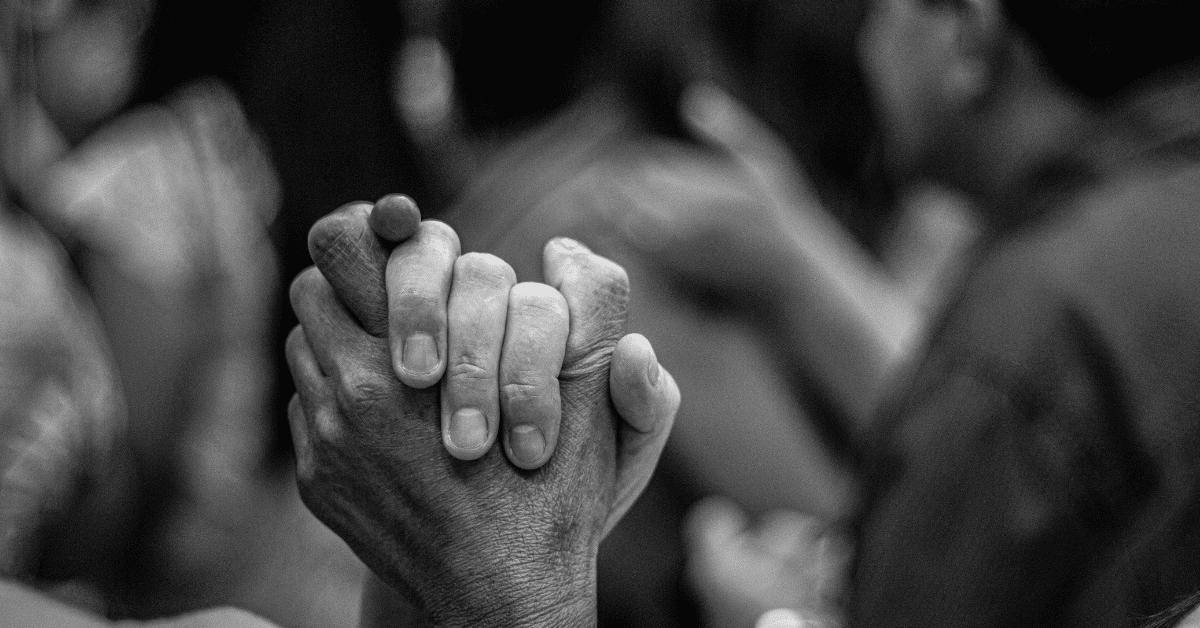At the heart of On Repentance and Repair by Danya Ruttenberg is the belief that the hard work of repentance and repair is worth it, people can do it, and when we do, we are more fully human, and the world is more just and more whole. The first part of the book describes the types of human relationships in which offense occurs: personal, public, institutional, and national relationships. Then Ruttenberg describes the complicating cultural factors that impact how people perpetrate and experience harm. She names the historical tendency in the U.S. to emphasize the need to forgive wrongs more than repair or right a wrong, unity at all costs (including silencing victims, hiding the truth, and shirking accountability), and individualism that denies the larger social and communal consequences of wrongdoing.
A rabbi, Ruttenberg draws on the work of the 12th-century Jewish philosopher, Maimonides (my-mo-NEE-dees), and his 5-step process of repentance and repair:
- Naming and owning harm (confession)
- Starting to change
- Restitution and accepting consequences
- Apology
- Making different choices
After describing each of the steps, most of the rest of the book is dedicated to the particularities of how to apply Maimonides’ process to different relationships and situations. But in every situation, regardless of the type of relationship, the first concern is the care of the victim, and their need for peace (in as far as this is possible) is what drives the repentance process. The needs of the offender are secondary, and the people they have harmed are not responsible for educating, forgiving, or absolving them.
For true repentance and repair to happen, the perpetrator of harm has a lot of work to do. First, they must understand their wrongdoing, name it (publicly when appropriate), and take ownership of their actions without attempting to justify, excuse, or defend themselves. Once the actions are honestly understood and truthfully confessed, repentance involves a commitment to STOP doing the harmful behavior. Then, with the intention to facilitate healing, they must ask what can be done to make things right. The offender should not decide this answer on their own. Whenever possible, the victim gets to say what they need by way of restitution. Repentance happens when, directed by the victim(s) of harm, those who have done wrong take concrete steps to repair the damage.
Surprisingly, in a culture where people can be hired specifically to craft good apologies for public figures, an apology (step 4) seems to be the least important of the five steps. It is still necessary, but only as a statement that articulates what is already happening in the first 3 steps. It exists to hold the wrongdoer(s) accountable for continuing to change and righting their wrongs. Therefore, Maimonides advocates that apologies to victims be made publicly or in the presence of others. Finally, repentance happens when transformation occurs; that is, when the one(s) who harmed evidence true change in their lives. They are a new and different version of themselves; a truer, more whole person. They cannot change the past, nor must they forever be defined by it.
A short section on criminal justice systems highlights the deficiency of our “one size fits all” approach to wrongdoing (usually punishment) that encourages avoidance and the denial of responsibility. She cites multiple examples of alternative, restorative justice frameworks in personal, medical, academic, and civic institutions that have proven to be significantly more healing for all involved.
Ruttenberg also discusses the ways nations have approached repentance, with varying degrees of success, in an analysis of post-apartheid South Africa’s Truth & Reconciliation commission and post-World War II Germany’s reckoning with the Holocaust. Both examples evidence that repentance on such a large scale is clumsy and often falls short of its goals. Nevertheless, the benefits of pursuing repair far outweigh the perpetually harmful consequences of doing nothing. Hopefully the U.S. can heed this truth as we seek repentance and repair for the sins of genocide and slavery.
What about forgiveness? With intention, Ruttenberg does not grant much space to the concept of forgiveness. Forgiveness is a gift, and it is wrong—not to mention harmful—to expect or demand it of victims. This may be the most important insight of the book for Christians who are relentlessly forgiveness focused: Repentance and repair can and should happen whether victims ever grant forgiveness, because the pure goal of repentance and repair is not forgiveness for a perpetrator of harm. The goal of repentance is the peace and wellbeing of victims. Paradoxically, in the active pursuit of victims’ wellbeing, the transformation of offenders is possible, maybe even inevitable! This is what Jesus means when he extols the timeless commandment to “love your neighbor as ourselves.” We are all better when that happens. Our healing and wholeness is deeply connected to the wellbeing of others.
I chose to read this book as someone who is burdened by the pain that persists in our world. Like many, overwhelmed by the scale of institutional, generational, and historical wrongs, not to mention the fraught everyday interpersonal relationships among family, friends, coworkers, and neighbors, I wonder if healing is possible and what it would take from us to make it happen. Even if we can answer that question affirmatively and resourcefully, I question our will to do it. Much of what I see these days reveals our limitless capacity to harm and keep harming more than a capacity to heal and keep healing. In response, I sometimes have the tendency to focus more on how to endure this reality than how to change it, turning my focus inward to care for myself as it succumbs little by little to paralyzing, fatalistic thoughts. But thankfully, On Repentance and Repair quieted those thoughts, and thus, became a very important and necessary read. Through real stories of redemptive healing that employ Maimonides’s practical 5-step process of repentance, I found hope for humanity and the encouragement and tools we all need to live into a better future. Ruttenberg, Danya. On Repentance and Repair: Making Amends in an Unapologetic World (Beacon Press, 2022).





Forgiveness is not a gift but that which Christ expects us to do. This is basic Christianity from the Lords Prayer that Christ Himself gave us: “…and forgive us our trespasses AS WE FORGIVE those who trespass against us.” Jesus teaches us to even love our enemies and to pray for them.